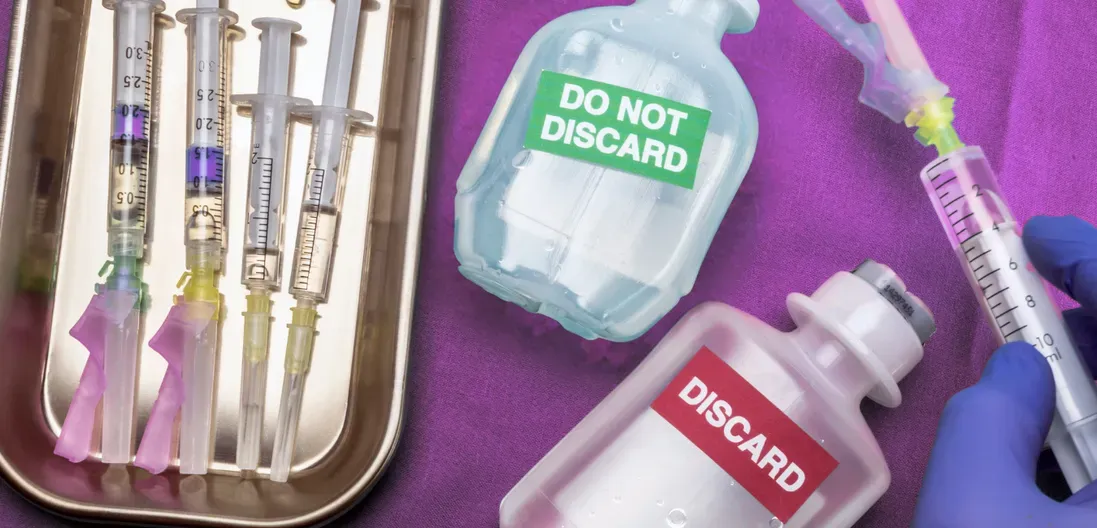GLP-1 Medications and
Heart Failure
Here at Hormone Fitness, we understand the importance of staying up-to-date on the latest advancements in hormone therapy. Glucagon-like peptide-1 (GLP-1) medications have gained significant traction for their effectiveness in managing type 2 diabetes and weight loss. But can GLP-1 play a role in heart failure (HF)?

The research landscape surrounding GLP-1 and HF is evolving. While GLP-1 offers numerous benefits for those at risk of cardiovascular disease, its use in established heart failure requires careful consideration.
Understanding the Nuances
Prevention
GLP-1 may be a valuable tool for those with type 2 diabetes and a high risk of developing HF. Studies suggest GLP-1 can help reduce the risk of heart attacks, strokes, and potentially even hospitalizations for HF.
Preserved Ejection Fraction (HFpEF)
For individuals with HFpEF, where the heart muscle is stiff but pumps with normal force, GLP-1 may offer some benefits. While it doesn't necessarily improve heart failure outcomes, it can help manage other cardiovascular risk factors.
Reduced Ejection Fraction (HFrEF)
Here's where caution is advised. GLP-1's effect on HFrEF, where the heart muscle is weakened and pumping poorly, is less clear. Some studies suggest potential risks of worsening HF events.
Key Takeaways
GLP-1 is a powerful tool, but it's crucial to understand its potential applications in the context of heart failure. If you have HF, especially HFrEF, discussing GLP-1 with your doctor is essential before starting any new medication.
Here at Hormone Fitness
We prioritize personalized care. If you're interested in exploring GLP-1 therapy, we will work with you and your doctor to determine if it's the right fit for your individual needs and health history. We can't offer medical advice, but we can provide information and facilitate communication with your doctor.
Disclaimer: This blog post is for informational purposes only and should not be construed as medical advice. Always consult with a qualified healthcare professional before making any changes to your treatment plan.
Share
Other Posts We Think You'll Like









